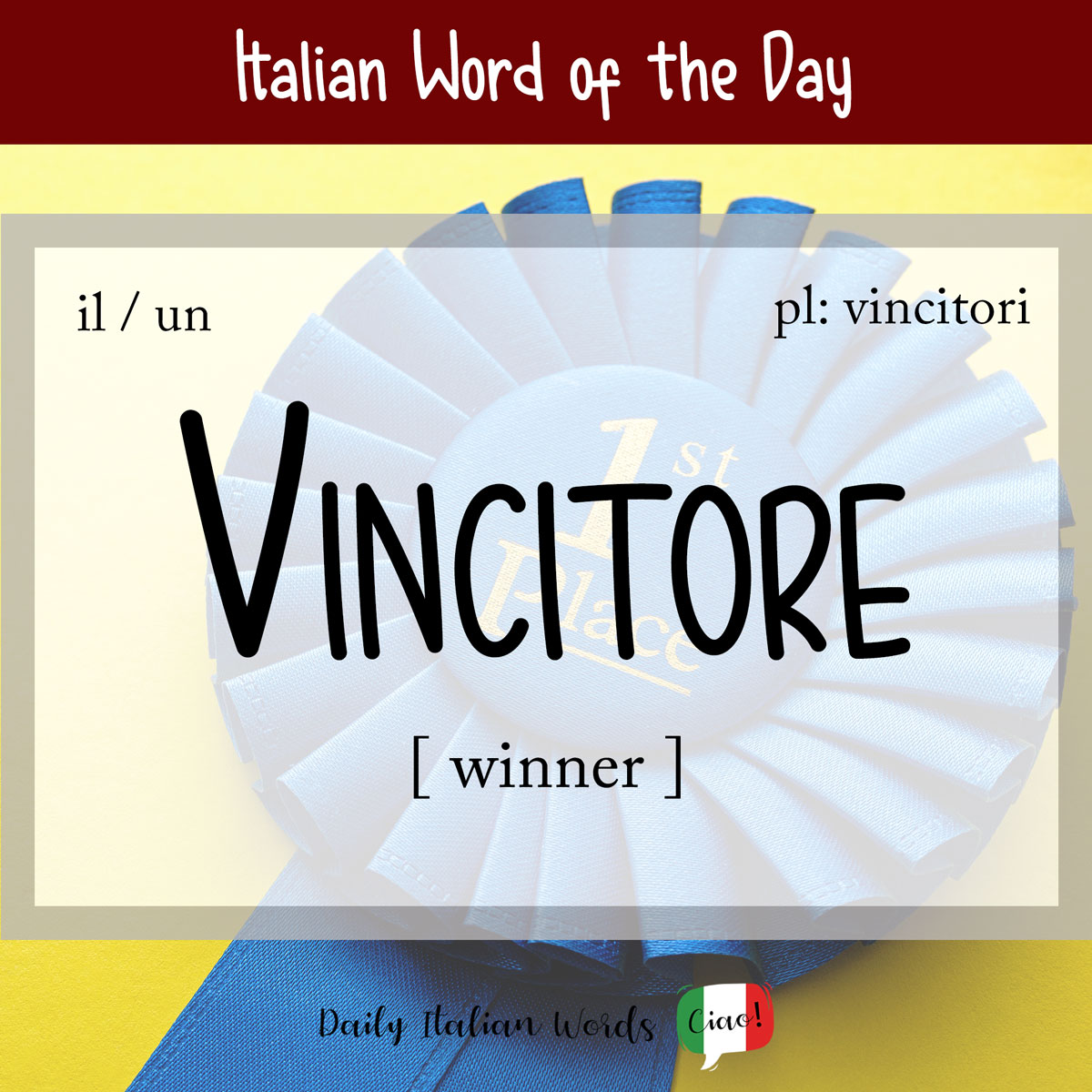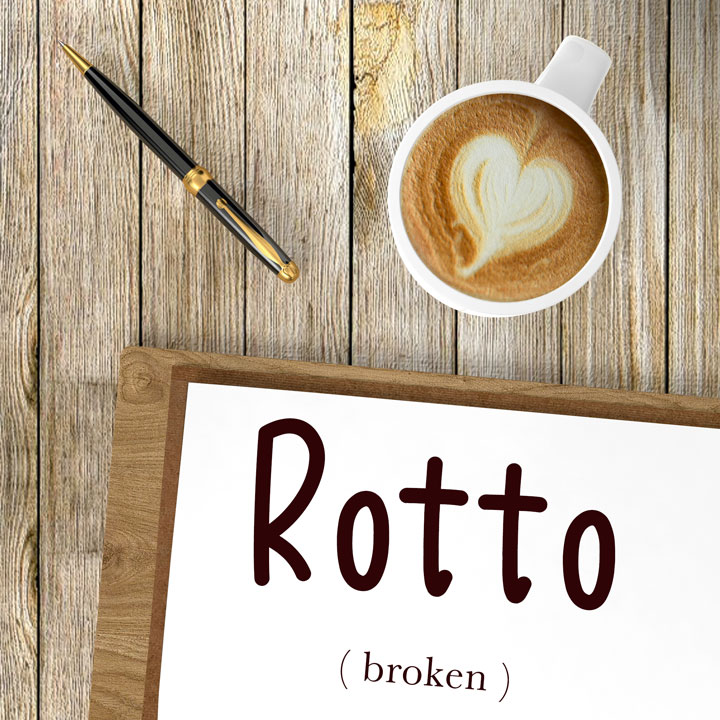Italian Word of the Day: Gettonato (popular / well-liked)
Gettonato is an adjective that has interesting links to the early days of popular music. Although today it can denote almost anything that is popular or well-liked, it used to refer specifically to popular songs or singers. Learn with our video To understand why, we need to take a deeper look at the origin of …






